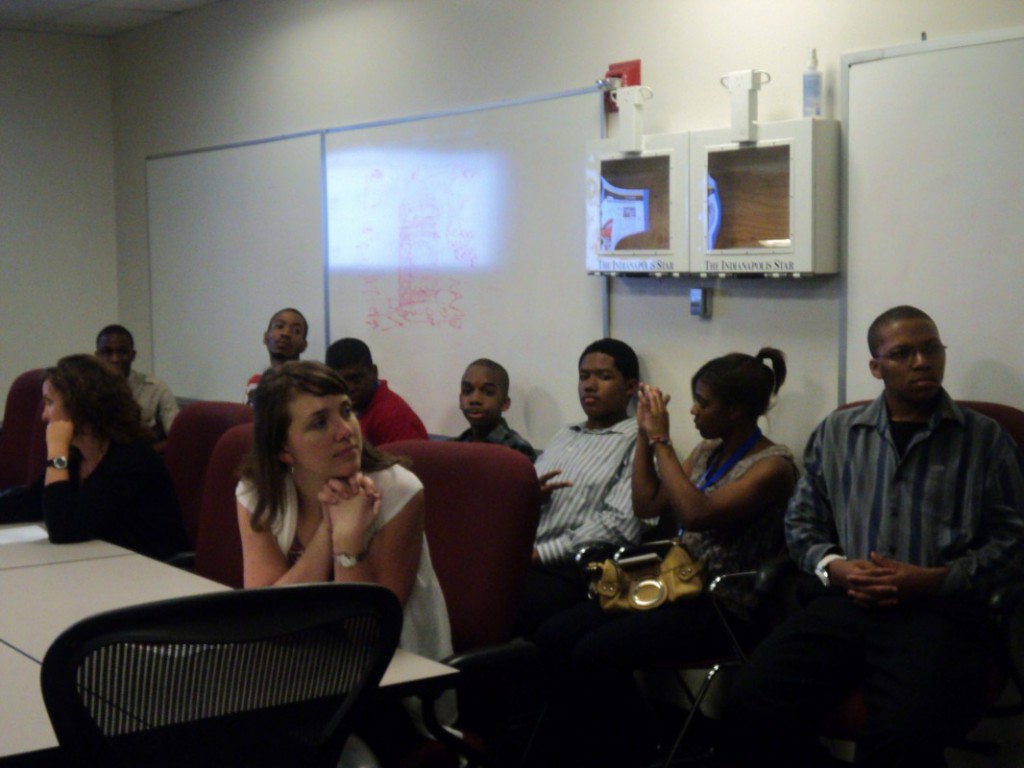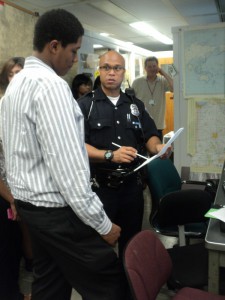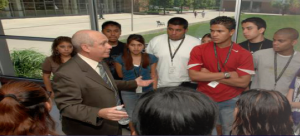Must-see summer blockbusters
Michael Shepard II
Reporter, 5 Rights News
Here are 5 summer movies that every movie-goer should see:
1.Ted: A movie about man and his childhood friend – a teddy bear. The comedy stars Mark Wahlberg, Mila Kunis, and Seth MacFarlane. Opens: Friday, June 29
2. Madea’s Witness Protection: Tyler Perry’s is back with his classic portrayl of Madea but this time she will have to deal with a investment banker who needs witness protection. The movie stars Tyler Perry, Eugene Levy, and Romeo. Opens: Friday, June 29.
3. The Amazing Spider-Man: The robot series opens with a teenage Peter Parker trying to figure out what happened to his parents and he crosses paths with Curt Conners. The movie stars Andrew Garfield, Emma Stone, and Rhys Ifans.
4. Dark Knight Rises: The last chapter of the Christopher Nolan trilogy has a new villain who terrorizes Gotham. The movie stars Christian Bale, Michael Caine, Gary Oldman, and Tom Hardy.
5. The Campaign: Don’t you love Will Ferrell? This likely blockbuster centers around two rival politicians who square off for presidential campaign. The stars Will Ferrell, Zach Galifianakis, and Jason Sudeiksis.










